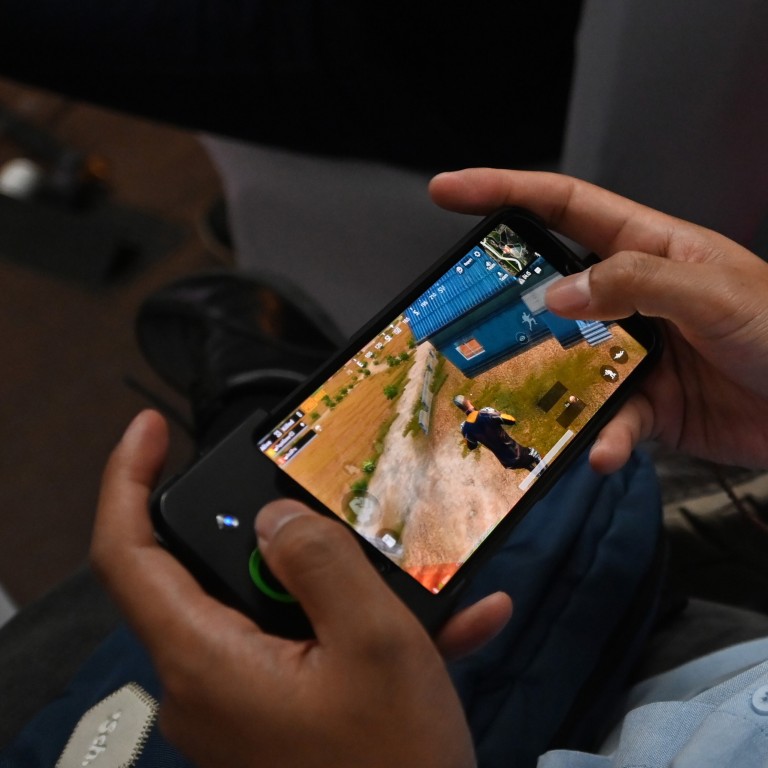
China limits gaming time for under-18s to one hour a day on Fridays, Saturdays, Sundays and public holidays
- China’s top watchdog for gaming and other forms of online media has formally issued the rules to combat video games addiction among teenagers
- The NPPA said video gaming companies are the main entities responsible for stopping children from becoming addicted to games
Beijing has issued a new rule limiting the gaming time for players aged under 18 to between 8pm and 9pm only on Fridays, Saturdays, Sundays and statutory holidays, marking the country’s most stringent measure yet to tackle video gaming addiction among young people.
The National Press and Publication Administration (NPPA), China’s top watchdog for gaming and other forms of online media, formally issued the rules to combat gaming addiction among teenagers, according to a report by state media outlet Xinhua.
The previous rules, introduced in 2019, limited the play time for minors to no more than 90 minutes each day and 3 hours on statutory holidays.
The notice also states that companies must strictly implement the real-name registration and login system in their games and not provide access to video games for those who are unregistered.
The gaming unit of Tencent said in a statement on Monday that it supports the new regulation and will implement the new requirements as soon as possible.
China’s video game industry in stormy waters
“Many parents have said that the gaming addiction problem among teens and children has gravely affected their ability to learn and study as well as their physical and mental health, even causing a series of societal problems,” an NPPA spokesman told Xinhua.
In their recent quarterly reports this month, Tencent and Bilibili both emphasised that they have faithfully implemented the anti-addiction measures required by state authorities and that minors have become a small portion of their overall user base.
Tencent said that players under 16 accounted for just 2.6 per cent of its gross gaming receipts in China, with those under 12 accounting for just 0.3 per cent. Bilibili said that minors contributed only 1 per cent of the company’s gaming revenue.

